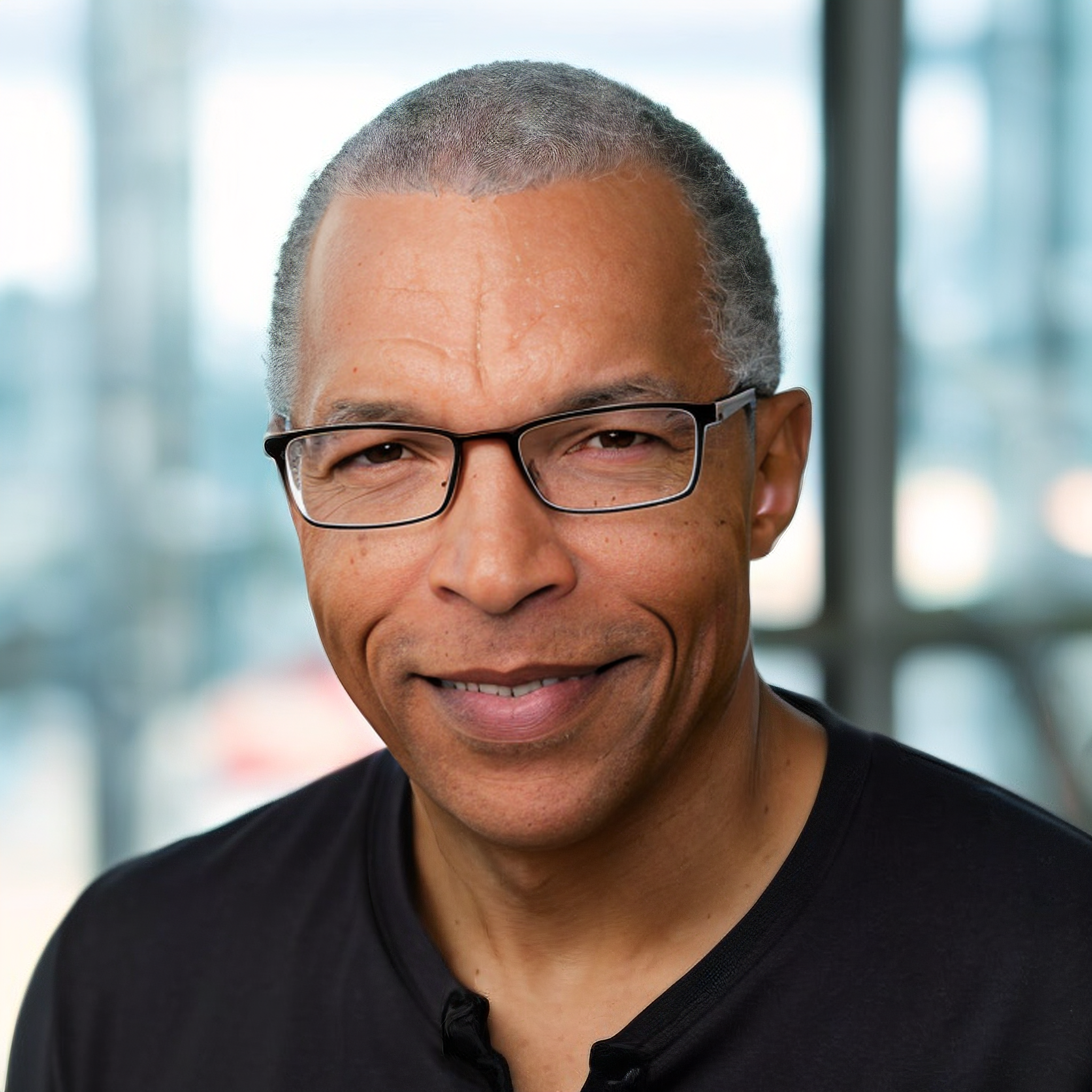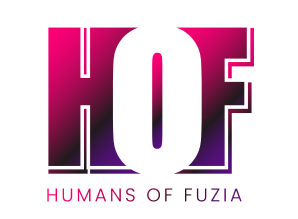Tony Wilkins is a private investor and executive coach focused on helping C-suite teams make better decisions by providing broad perspectives from experiences and investments in a variety of industries.
An investor in Pre-Seed and Seed rounds of individual startup companies over the past 33 years, some more recognizable investments include SpotHero, Fetch Rewards, NutriSense, Cameo, and Psyonic.
Tony advises three early-stage venture funds and is a frequent panelist and guest lecturer on various topics related to finding, funding, and supporting startups.
Long active in the non-profit space, he currently serves on the board of the Anita Borg Institute of Women and Technology as Chair of the Investment and Compensation Committees. Tony was a member of the Disciplinary Review Committee of the CFA Institute from 2006–2012, President of the Association of Investment Management Sales Executives in 2012, and a longtime Board Member of the National Association of Securities Professionals. He represented BNY Mellon as Trustee Representative and Senior Investment Advisor to the W. K. Kellogg Foundation Trust, serving as one of four Trustees on this $9B entity.
While developing his expertise in early-stage investments, he spent 18 years at Northern Trust and Weiss, Peck & Greer in institutional asset management sales and 6 years as a portfolio manager and marketer at Chicago-based Stein, Roe & Farnham. His finance career began after six years in the military electronics industry working for AT&T and as a firmware engineering manager at Atlanta-based Lockheed Loral. His engineering career began at Chrysler Corporation in Detroit.
A lifelong Chicagoan, Tony received his BSEE from Northwestern University and his MBA from the Booth School at the University of Chicago. He is an avid randonneur.
If your business could have a mascot, what would it be and why?
Yoda – He’s an overlooked, underestimated dispenser of Socratic wisdom who can take care of himself. Standing Oaks is about accumulating wisdom to help people on their paths AND improving the probability of accumulating financial and non-financial resources to maintain its very long-term sustainability. (How old is Yoda anyway?)
What strategies do you employ to maintain a healthy work-life balance while running your own business?
I practice gratitude, eat only when I’m hungry, buy treats, splurge, and drink very rarely. I love to give gifts and surprises just for the fun of it and try to say ‘yes’ spontaneously and ‘no’ after a good thought and a kind explanation for why I decline invitations.
When faced with unexpected detours on your business path, how do you pivot with grace and resilience, showing fellow women entrepreneurs the way forward?
If people are part of the detour, I try to remember that everyone has problems they’re trying to solve, and their behavior toward me is simply shortsighted and selfish, not personal. Next, I think of what I can control in any situation and focus on that, seeking counsel from friends and mentors. Finally, if the detour is painful, contracted, and confounding, I remember that I’m not privileged to know why I’m going through something. Then I should accumulate whatever wisdom the situation has to offer to fortify me for the next issue or opportunity.
How do you measure the success of your business beyond financial metrics, such as customer satisfaction or community engagement?
I measure success by progress toward whatever metrics I, my team, my clients, or community view to be in our mutual, long-term best interest.
Can you share a memorable moment where you witnessed significant growth or transformation in your business, illustrating the impact of your services/products?
In my executive coaching practice, just recently, I spoke with a prospective client for 90 minutes in our introductory discussion – an hour beyond my normal introductory discussion. It was clear to me that I could help this person and I sensed that the discussion was going very well. While I knew the client could not afford my full fee, I was fully prepared to offer a significant discount, forfeiting the financial gain on my investment of time and anticipating the non-financial, “personal satisfaction” return on the investment of my time in the form of knowing that I was doing good work for someone who needed it. After I prepared a detailed proposal outlining the benefit, milestones, preparation material, and anticipated outcome along with my favorite references and a very steep discount, this person declined. I was more puzzled than upset and learned later that the person shared with the colleague who had referred them that “they just didn’t want to put in the work that I was proposing. They wanted a much faster, easily digestible solution.” In that instant, I fully realized that not everyone is aligned with your work, appreciative of your skill, or resonates with your values as a professional. That’s just the way it is. Better to be your very best self and wait for the people with whom you will want to spend time, have fun, learn something, make money, and deliver a much appreciated product or service to – for fun or profit. I’ve known that for years, but this instance reinforced it for me in a dramatic, high resolution and keenly relevant fashion. Not everyone is ‘your people’!
What role do you believe mentorship plays in the success of small businesses, and how have mentors influenced your own entrepreneurial journey?
Mentors provide small businesses and their founders with alternative perspectives to be able to flourish better in the way the mentee wants to. They help them avoid avoidable mistakes and challenge their thinking to be better, often in ways that the mentee could not have otherwise accessed.
What’s your work all about, and how does it make a difference in the world?
I help people make better decisions to improve the probability of good outcomes for them. If individuals are happy, the probability that the world will be happy increases…theoretically. That’s what I’m working on. In my opinion, most people’s unhappiness stems from feeling a loss of agency, a sense of helplessness. I find that activity and perspective are the best antidote for anxiety. I am really gifted at helping people see themselves and their situations in a different light…if they are in a place to be willing to spend calories on a solution as opposed to self-pity.
Please share your Social Links
LinkedIn: Tony Wilkins










